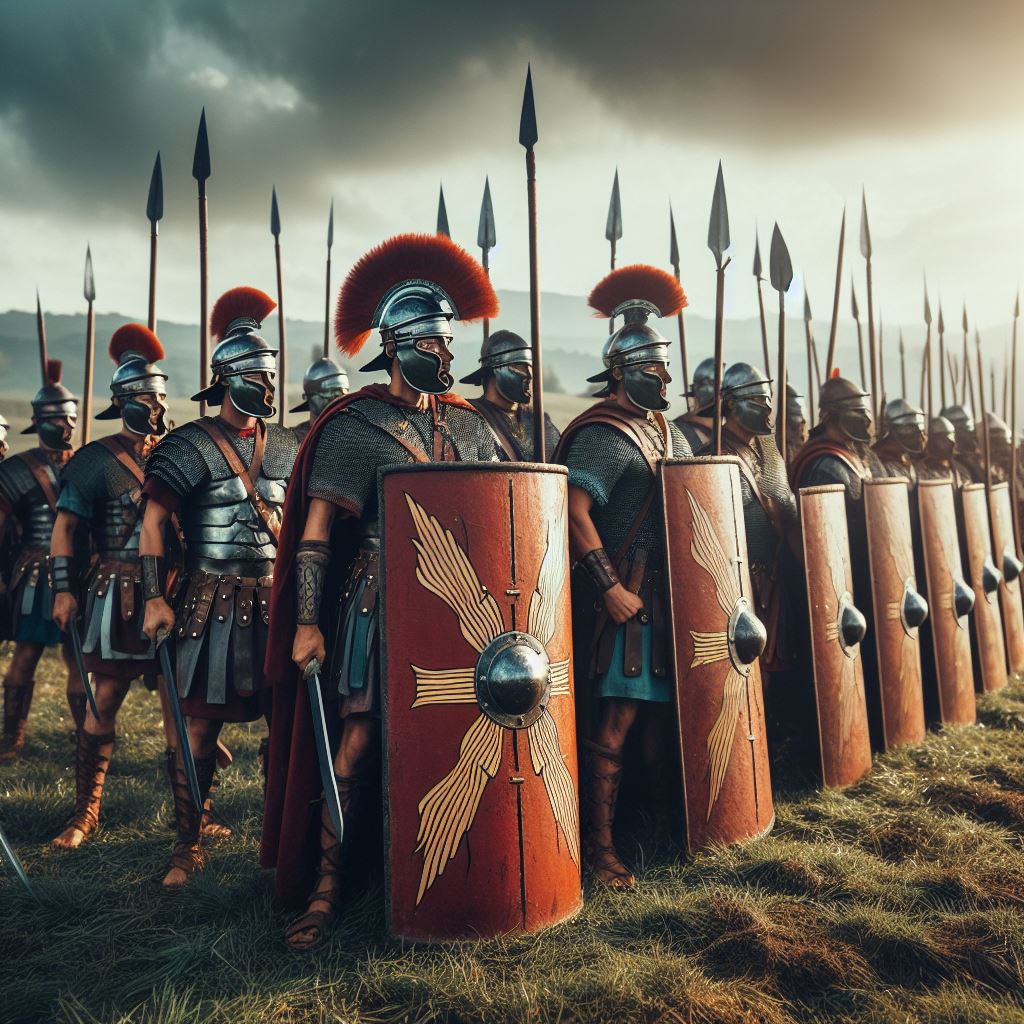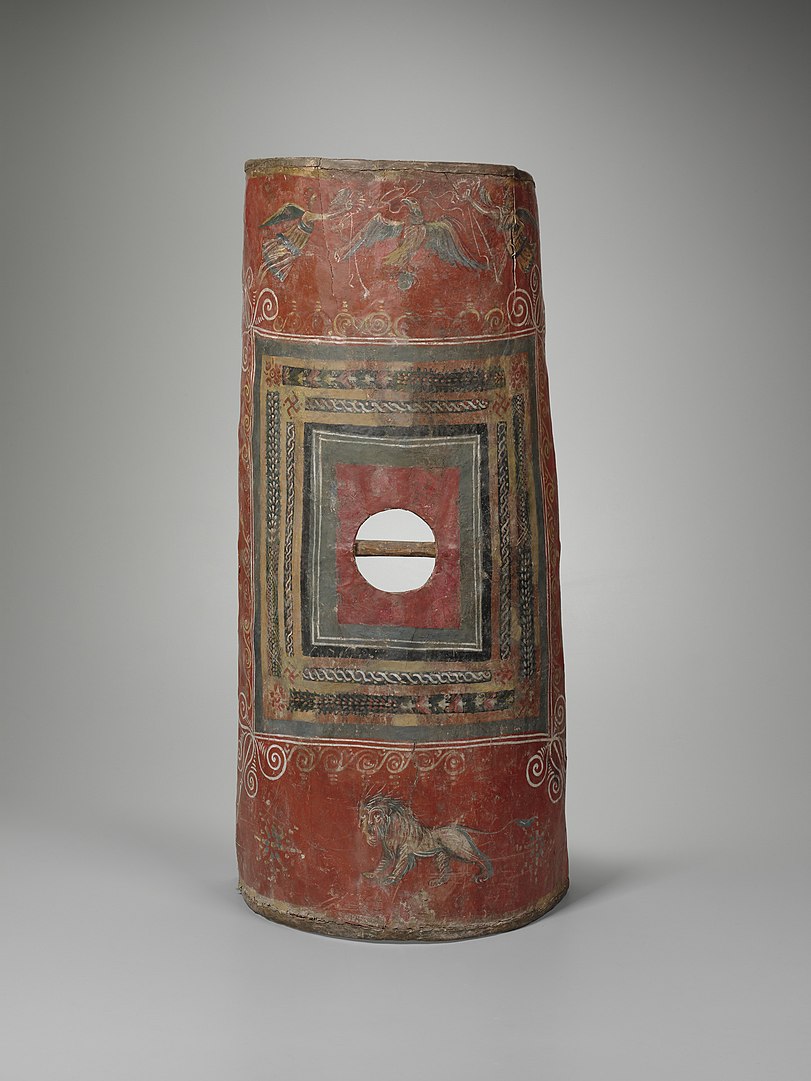The Romans were fierce warriors who fought many battles to expand their empire and protect their lands. These wars, spanning over centuries, shaped the course of history and left a lasting legacy that still influences the world today.
One of the earliest conflicts Rome faced was the Samnite Wars, fought between the Romans and the Samnites, a neighboring Italian tribe. Lasting from 343 to 290 BCE, these wars were marked by brutal battles and strategic maneuvers as both sides vied for dominance in the region. Despite facing formidable foes, the Romans emerged victorious, solidifying their control over central Italy.
As Rome’s power grew, so did its ambitions. The Punic Wars, a series of three conflicts fought against the powerful city-state of Carthage, proved to be some of the most significant in Roman history. The First Punic War (264-241 BCE) saw intense naval battles as Rome sought to gain control of Sicily. Despite initial setbacks, the Romans adapted their tactics and ultimately prevailed, annexing Sicily as their first overseas province.
The Second Punic War (218-201 BCE) is perhaps best known for the exploits of the Carthaginian general Hannibal, who famously marched his army, including war elephants, across the Alps into Italy. This conflict witnessed legendary battles such as Cannae, where Hannibal’s tactical genius inflicted a devastating defeat on the Romans. However, Rome’s resilience and determination eventually turned the tide, leading to the eventual defeat of Carthage and the annexation of Spain.
The Third Punic War (149-146 BCE) marked the final showdown between Rome and Carthage. Determined to eradicate their longtime rival once and for all, the Romans besieged and destroyed Carthage, effectively ending its existence as a major power in the Mediterranean.
Rome’s expansion also brought it into conflict with the Hellenistic kingdoms of the eastern Mediterranean. The Macedonian Wars, fought between Rome and the kingdom of Macedonia, resulted in the conquest of Greece and the establishment of Roman hegemony over the region. Similarly, the Roman-Syrian War saw Rome clash with the Seleucid Empire, further extending its influence into the Near East.
In addition to external conflicts, Rome faced numerous internal challenges. The Social War (91-88 BCE) erupted as Rome’s Italian allies rebelled against their lack of citizenship rights. After a brutal conflict, Rome granted citizenship to its Italian allies, thereby strengthening its unity.
The Roman Republic eventually gave way to the Roman Empire, but the wars did not cease. The conquest of Gaul under Julius Caesar, the civil wars between Caesar and Pompey, and the subsequent struggles for power among Caesar’s successors all contributed to the continued expansion and eventual decline of the Roman Empire.
Roman Army
The Roman Army stands as one of the most formidable forces in ancient history, renowned for its disc…
The Gallic Wars
The Gallic Wars, a pivotal series of conflicts fought between the Roman Republic and various Gallic …
Roman Shields
In the epic saga of ancient warfare, few artifacts evoke as much intrigue and admiration as Roman sh…


